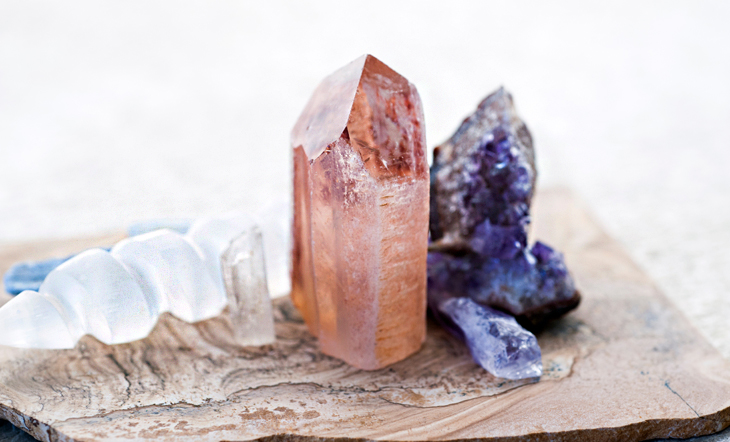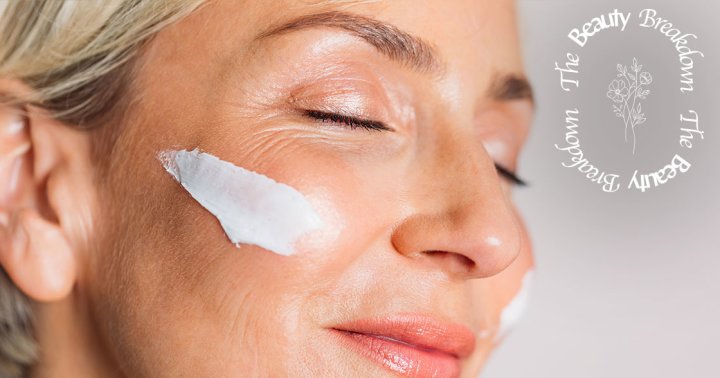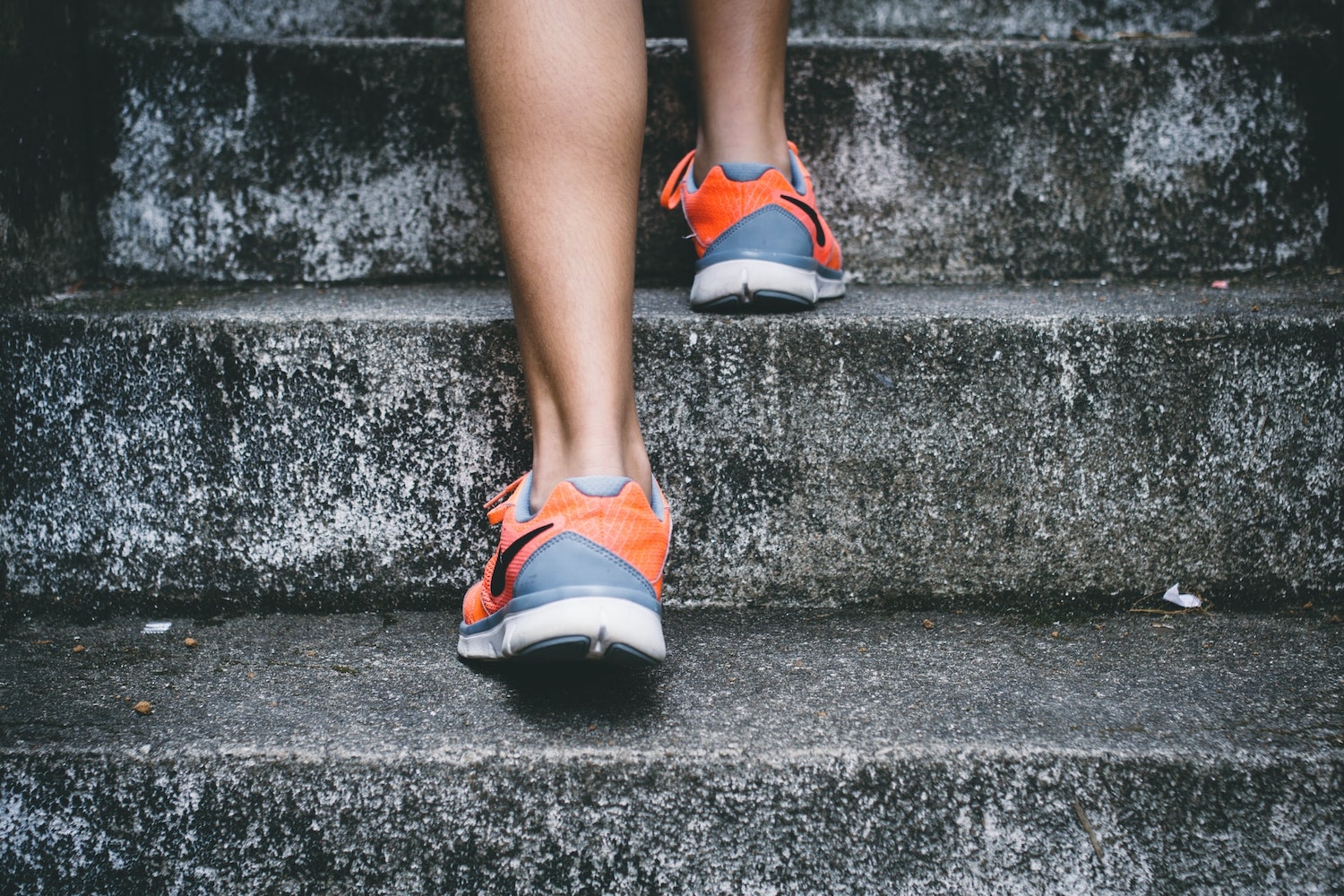5 Facts About Women’s Bone Health and Osteoporosis You Might Not Know
When it comes to women’s bone health and preventing osteoporosis, you’ve likely heard what many of learned as kids: to drink your milk for healthy bones. What you may not have heard? The truth. Or at least, the full...

When it comes to women’s bone health and preventing osteoporosis, you’ve likely heard what many of learned as kids: to drink your milk for healthy bones. What you may not have heard? The truth.
Or at least, the full picture of what you actually need to know about bone health and preventing osteoporosis. Because it’s so much more complex than drinking milk and assuming that’s all the necessary prevention.
Like with much of our healthcare system, the facts of bone health and osteoporosis aren’t widely talked about or clearly communicated, so we need to equip ourselves with the facts to take our health into our own hands.
In this article, you will learn:
Facts and stats about osteoporosis An overview on bone health as it relates to osteoporosis Important yet lesser-known facts about bone health and osteoporosis Science-backed recommendations for prevention
Looking for a basic overview of osteoporosis? Read: Simple Ways You Can Prevent Osteoporosis at Any Age
Think You Don’t Need to Worry About Bone Health and Osteoporosis Yet? Think Again

Understanding osteoporosis and the full picture of bone density in women is one of those topics that far too many of us don’t learn in the years where it’s most pivotal. And given that 80% of the ten million Americans suffering from osteoporosis are women, it’s something to take proactive steps to prevent and improve.
The lifestyle choices we make, diet we eat, as well as our genetics and risk factors out of our control, all add up to our overall risk of developing osteoporosis later in life (or earlier – as people of any age can develop the disease).
Research actually suggests that high dairy intake is negatively correlated with bone health.
The good news? Science has taught us a lot about things like calcium and vitamin D benefits for women, and the proactive lifestyle and dietary steps we can be integrating into our overall wellness routines right now, before we’re further along in life and may already have bone loss.
If some of this knowledge about osteoporosis is news to you, you are not alone! But it’s important we have this conversation and start educating ourselves now, to take preventative measures and keep ourselves as healthy as possible.
5 Facts You Need to Know About Bone Health and Osteoporosis:
Read on for important facts about osteoporosis that you may not have heard before.
1. It’s Not All About the Dairy
Remember the “Got Milk?” ads that dominated magazine and television in the 1990’s and early 2000’s? There’s a good chance they did their job of convincing you that for strong bones, you should drink cow milk regularly. But most of us know by now to question what ads tell us.
Is Milk Healthy? 8 Surprising Facts About Milk + the Dairy Industry
If you’re vegan (or anyone who opts for non-dairy milk alternatives like almond milk or oat milk) and care about your bone health, fear not! A strong pool of research actually suggests that high dairy intake is negatively correlated with bone health and fractures and does not seem to have any notable benefits for bone health.
2. You Can Hit the Calcium RDA Through Food, Supplements or Both
Calcium matters, but it does not need to come from a cow.
What is the optimal amount of calcium to get each day (known as the RDA, or recommended daily amount)? As a general rule, 1000 mg per day, or 1200 mg daily for post-menopausal women.
You can hit this number through food, or with the assistance of a calcium supplement for women – a helpful boost if you’re not absolutely sure your diet alone is cutting it. Calcium can come from food, yes, but for some it may be beneficial to consider adding a calcium supplement to your wellness regimen.
In terms of calcium rich foods that can help prevent osteoporosis, think beans and lentils, leafy greens, seeds, edamame and tofu, and calcium fortified foods or orange juice if you’re vegan, and if not, add in cheese, salmon, sardines or milk.
3. Vitamin D, K, and Magnesium Are Also Crucial
While most of us know calcium is crucial for bone health and osteoporosis prevention in women and all folks, the other essential vitamins and minerals are talked about less – which is a huge problem.
Ample vitamin D is essential for our bodies to absorb the calcium we’re getting, which in turn is essential for building and maintaining bone density in women.
80% of the ten million Americans suffering from osteoporosis are women.
The best way to know your specific vitamin D needs is through bloodwork and a visit with your doctor (this is your cue to get an appointment on the books).
It’s also important to note that our vitamin D levels can fluctuate over time, so it is important to get this checked regularly. More does not mean better, so if you’re getting too much, that’s also a problem.
We should also keep an eye on our magnesium and vitamin K levels – specifically K2. Both support overall bone health and both should be checked on regular blood tests so you can talk with your doctor about supplementation.
Want to know more about magnesium? Read Mighty Magnesium: What It Does For Your Body and Why You Need It In Your Diet
4. Certain Medications Can Directly Affect Bone Health
File this point under: we should be talking about this more.
If you’re getting your calcium and vitamin D and calling it good, what you may not realize is other lifestyle and health factors play a significant role in bone density in women and overall bone health.
For example, sustained use of certain medications such as steroids damage bone density.
What’s not as well known is so can other OTC meds and prescriptions – even ones you may not think of as steroids. Certain types and levels of thyroid supplementation can also affect bone health and increase the risk of osteoporosis.
5. Lifestyle Choices Impact Osteoporosis Risks
Aside from medications, many lifestyle choices we may have greater agency over play a role in the likelihood of developing osteoporosis.
Staying active, specifically with weight bearing forms of movement (think running, hiking, even light weight lifting!) is a great boost to your bone health.
Other factors that directly impact bone health are over consumption of alcohol, smoking, and under eating or eating disorders. Even chronic stress can leach calcium from the bones over time.
Bone Health and Osteoporosis: The Takeaway

We realize these factors are complex, genetics play a huge role and you can’t do all the right things at all times. (And even those who do, may end up getting osteoporosis for reasons outside their control!)
But knowledge is power. When you know the impacts these factors have on bone health, you can have an informed conversation with your doctor and understand the side effects and risks.
You may have heard bone density in women grows to a certain point and then drops off once we reach a certain age. While it’s true bone growth happens differently at different life stages, it’s absolutely not true that we should ever stop taking steps to improve and maintain bone health!
Whether you’ve been thinking about bone health your whole life or are learning these tips for the first time, there’s no time like the present to start taking proactive care of your bone health.
Share these tips with a friend who needs to know. Women aren’t taught these facts nearly enough, but we can start to be the change!
All included information is not intended to treat or diagnose. The views expressed are those of the author and should be attributed solely to the author. For medical questions, please consult your healthcare provider.
Ready to Build Stronger Bones? Do Yoga Sculpt With Us!

With Alba Avella
36-minutes Class | Intermediate
This Vinyasa-style yoga class from YA Classes incorporates small hand weights (optional) to increase the strengthening and toning component – perfect to help you build bone density and prevent osteoporosis.

 ShanonG
ShanonG 























.jpg)








